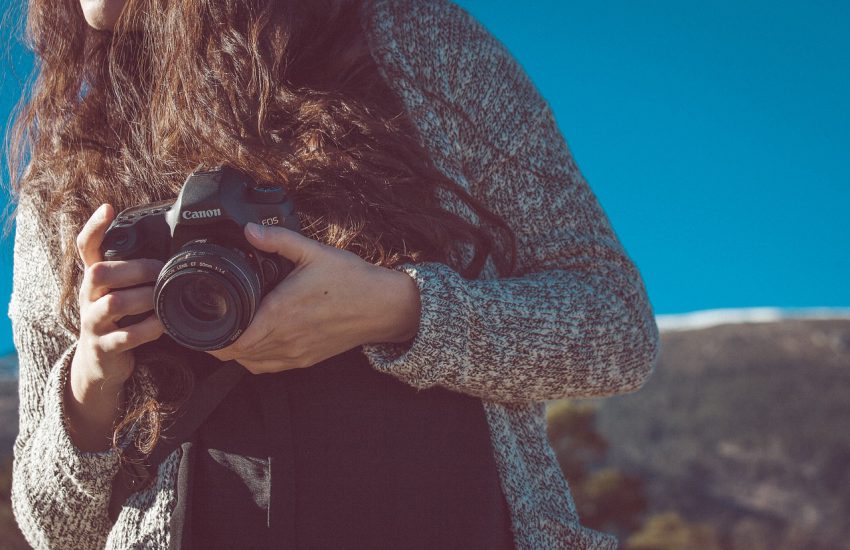We live in the era when everyone has a powerful camera in their pockets and have the ability to capture powerful photographs. Many also believe that having a good camera automatically makes them a good photographer. Even though that’s not the case, you can quickly change things around.
 Photography is a complex hobby that requires a lot of time to become really good at. But there are several quick and simple principles that you can follow, which will completely transform the quality of the images you take.
Photography is a complex hobby that requires a lot of time to become really good at. But there are several quick and simple principles that you can follow, which will completely transform the quality of the images you take.
If you are a complete beginner, read our quick guide to photography basics.
1. Aperture
 Aperture refers to the diameter of the opening inside the lens and it can be controlled. Basically, as you change the aperture of your camera, you change how much light will reach the lens. Your decision will affect the depth of field of your photograph, so this is a very important setting to think about.
Aperture refers to the diameter of the opening inside the lens and it can be controlled. Basically, as you change the aperture of your camera, you change how much light will reach the lens. Your decision will affect the depth of field of your photograph, so this is a very important setting to think about.
A shallow depth of field is accomplished by allowing more light to hit the lens and leads to a sharp foreground and a blurred background. This setting is perfect for macro photography. On the other hand, a deep depth of field will lead to a sharp background and more details in the photo overall.
2. Shutter Speed
We all know that beautiful shutter sound made every time we take a photograph. It’s easy to fall in love with it but it’s not that easy to control it and use it properly. Just like aperture, shutter speed also determines how much light will hit the lens. However, different settings give different results.
Namely, the slower the shutter speed, the more light hits the lens when we take a photo. This allows us to capture movement and add blur to our photographs. On the other hand, fast shutter speed allows us to capture sharp photos of moving objects. It’s perfect for photographing Formula 1 races.

3. ISO
ISO is one of the most important settings that you can play around with when taking your photographs. The sensor in your camera that captures light is controlled by ISO settings. Low ISO settings will result in less sensitive images with fewer details, but also with less noise. However, if you want to capture more details, such as the stars in the sky, you need high ISO settings, but you risk having too much noise in your photograph. Therefore, you need to be careful and try to find the perfect balance.
4. The Exposure Triangle
 These three settings basically make the exposure triangle. In order to be able to take good photographs and to make light work for you, you need to be able to create a balance between aperture, shutter speed, and ISO. That’s not at all as easy at it seems. Whole books have been written and entire courses have been made on this subject. Therefore, this article is just a quick overview and you need to put a lot more work into it if you wish to become a master of photography.
These three settings basically make the exposure triangle. In order to be able to take good photographs and to make light work for you, you need to be able to create a balance between aperture, shutter speed, and ISO. That’s not at all as easy at it seems. Whole books have been written and entire courses have been made on this subject. Therefore, this article is just a quick overview and you need to put a lot more work into it if you wish to become a master of photography.

